This hospital is poorly managed from the top down, deceptive, abusive, and only concerned with the bottom dollar. I was in the psych unit, and I would rather DIE than EVER go back there again! They are straight up abusive in the psych unit, forcing patients into withdrawal f ...
About Olean General Hospital – Behavioral Health
Olean General Hospital is in Olean, New York, and is affiliated with Bradford Regional Medical Center. Both the hospital and medical center are members of Kaleida Health, which is part of the Upper Allegheny Health System. Olean General Hospital’s behavioral health unit offers mental health and addiction treatment for individuals 18 and older.
Clients must be medically stable to be admitted to the behavioral health unit and the focus is on crisis intervention and stabilization. The hospital accepts insurance from most major providers. There are some community resources for clients who need financial assistance. The hospital is easily accessible from I-86 and North Union Street Extension.
Secure Behavioral Health Unit in Olean
The behavioral health unit is a secure inpatient unit providing privacy and safety. Because this is a unit within a full service hospital, clients receive integrated care from a multidisciplinary team.
You’ll have access to on site psychiatric care teams, nurses, doctors, social workers and other medical specialists. The team focuses on individualized, compassionate care to provide stabilization during a mental health or addiction crisis.
Clients in the behavioral unit participate in group and individual therapy, as well as other evidence based treatment modalities. They leave with a solid discharge plan and connections to ongoing mental health and addiction care.
Historic Downtown Olean, New York
The hospital is near downtown Olean, a destination city known for its affordability and variety of lodging options. There are modern hotels, cozy bed and breakfasts and Airbnbs There are hidden gems throughout the area, and the nearby Allegheny National Forest offers many fun outdoor activities.
Facility Overview
Latest Reviews
Thank you so much for taking the time to share your positive experience at Olean General Hospital. We are thrilled to hear that Justin provided you with a thorough assessment and that his friendly yet professional approach made a positive impact on your visit. It's wonderful to know that the exercises he recommended are beneficial for your neck and posture.
Your recommendation means a lot to us, and we are grateful for your kind words. We strive to provide the best care possible, and feedback like yours encourages us to continue our efforts. If you have any further questions or need assistance in the future, please don't hesitate to reach out.
Wishing you good health and well-being.
We're always looking for prospective patients who are willing to share their experiences with the community. If you're interested, feel free to reach out to our marketing team at communications@uahs.org.
Thank you so much for taking the time to share your positive experience with us! We are thrilled to hear that you had a great experience with our ER team. Our staff is dedicated to providing the best care possible, and your feedback is truly appreciated. If you have any further comments or need assistance in the future, please don't hesitate to reach out.
Rehab Score
Gallery
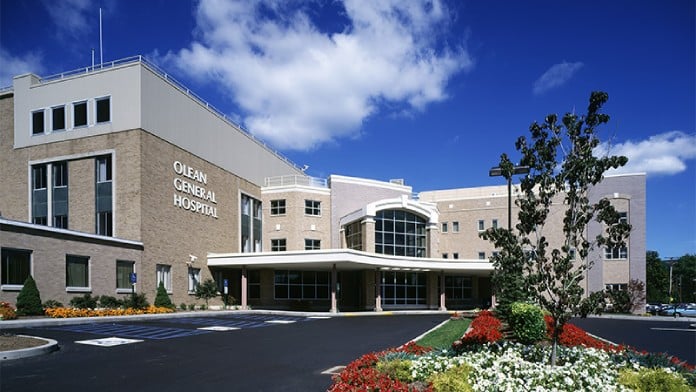
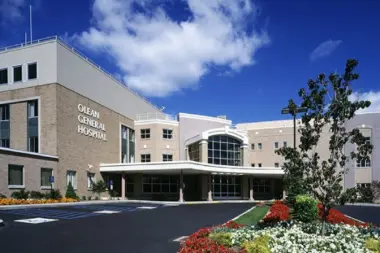
Accepted Insurance
Other Forms of Payment
Medicaid is a state based program that helps lower-income individuals and families pay for healthcare. Medicaid covers addiction treatment so those enrolled can use their coverage to pay for rehab. When a program accepts Medicaid the client often pays very little or nothing out of their own pocket.
Private insurance refers to any kind of healthcare coverage that isn't from the state or federal government. This includes individual and family plans offered by an employer or purchased from the Insurance Marketplace. Every plan will have different requirements and out of pocket costs so be sure to get the full details before you start treatment.
Self-pay involves paying for treatment out of your own pocket. You can use savings or credit, get a personal loan, or receive help from family and friends to fund your treatment. If you don't have insurance or your insurance plan doesn't cover a specific program, self-pay can help ensure you still get the care you need.
Financial aid can take many forms. Centers may have grants or scholarships available to clients who meet eligibility requirements. Programs that receive SAMHSA grants may have financial aid available for those who need treatment as well. Grants and scholarships can help you pai for treatment without having to repay.
Medicare is a federal program that provides health insurance for those 65 and older. It also serves people under 65 with chronic and disabling health challenges. To use Medicare for addiction treatment you need to find a program that accepts Medicare and is in network with your plan. Out of pocket costs and preauthorization requirements vary, so always check with your provider.
Military members, veterans, and eligible dependents have access to specific insurance programs that help them get the care they need. TRICARE and VA insurance can help you access low cost or no cost addiction and mental health treatment. Programs that accept military insurance often have targeted treatment focused on the unique challenges military members, veterans, and their families face.
Addiction Treatments
Levels of Care
Residential treatment programs are those that offer housing and meals in addition to substance abuse treatment. Rehab facilities that offer residential treatment allow patients to focus solely on recovery, in an environment totally separate from their lives. Some rehab centers specialize in short-term residential treatment (a few days to a week or two), while others solely provide treatment on a long-term basis (several weeks to months). Some offer both, and tailor treatment to the patient's individual requirements.
Treatments
Mental health rehabs focus on helping individuals recover from mental illnesses like bipolar disorder, clinical depression, anxiety disorders, schizophrenia, and more. Mental health professionals at these facilities are trained to understand and treat mental health issues, both in individual and group settings.
Programs
Adult rehab programs include therapies tailored to each client's specific needs, goals, and recovery progress. They are tailored to the specific challenges adult clients may face, including family and work pressures and commitments. From inpatient and residential treatment to various levels of outpatient services, there are many options available. Some facilities also help adults work through co-occurring conditions, like anxiety, that can accompany addiction.
Young adulthood can be an exciting, yet difficult, time of transition. Individuals in their late teens to mid-20s face unique stressors related to school, jobs, families, and social circles, which can lead to a rise in substance use. Rehab centers with dedicated young adult programs will include activities and amenities that cater to this age group, with an emphasis on specialized counseling, peer socialization, and ongoing aftercare.
Clinical Services
Cognitive Behavioral Therapy (CBT) is a therapy modality that focuses on the relationship between one's thoughts, feelings, and behaviors. It is used to establish and allow for healthy responses to thoughts and feelings (instead of unhealthy responses, like using drugs or alcohol). CBT has been proven effective for recovering addicts of all kinds, and is used to strengthen a patient's own self-awareness and ability to self-regulate. CBT allows individuals to monitor their own emotional state, become more adept at communicating with others, and manage stress without needing to engage in substance abuse.
Experiential therapy is a form of therapy in which clients are encouraged to surface and work through subconscious issues by engaging in real-time experiences. Experiential therapy departs from traditional talk therapy by involving the body, and having clients engage in activities, movements, and physical and emotional expression. This can involve role-play or using props (which can include other people). Experiential therapy can help people process trauma, memories, and emotion quickly, deeply, and in a lasting fashion, leading to substantial and impactful healing.
Group therapy is any therapeutic work that happens in a group (not one-on-one). There are a number of different group therapy modalities, including support groups, experiential therapy, psycho-education, and more. Group therapy involves treatment as well as processing interaction between group members.
In individual therapy, a patient meets one-on-one with a trained psychologist or counselor. Therapy is a pivotal part of effective substance abuse treatment, as it often covers root causes of addiction, including challenges faced by the patient in their social, family, and work/school life.
Nutrition therapy, aka medical nutrition therapy (MNT), is a way of treating physical, emotional, and medical conditions through diet. Specific dietary plans are designed by professional nutritionists or registered dietitians, and patients follow them in order to positively affect their physical and mental health.
Staff
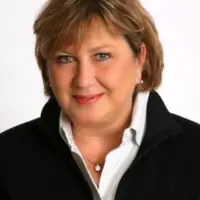
Cheryl Klass, MBA, BSN, RN
Interim President
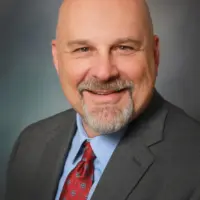
Scott Bonderoff, MBA
COO
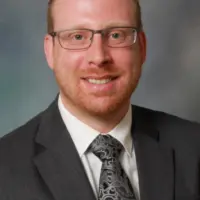
Joseph Fuglewicz, MBA
Marketing Director, Twin Tiers
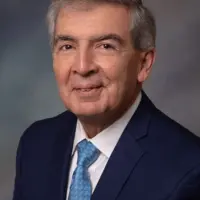
Luis Gonzalez, MD
Interim Chief Medical Officer

Jennifer Ruggles, MSN, RN
Chief Nursing Officer

Lesley Zurek
Senior Director, Human Resources
Contact Information
515 Main street
Olean, NY 14760




